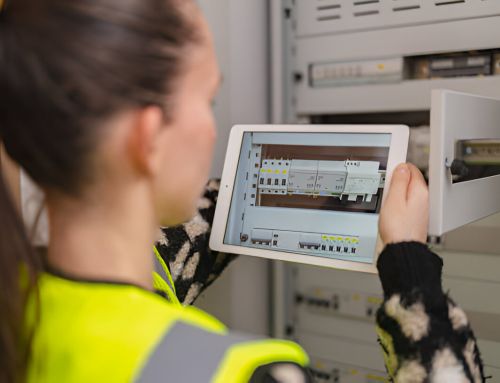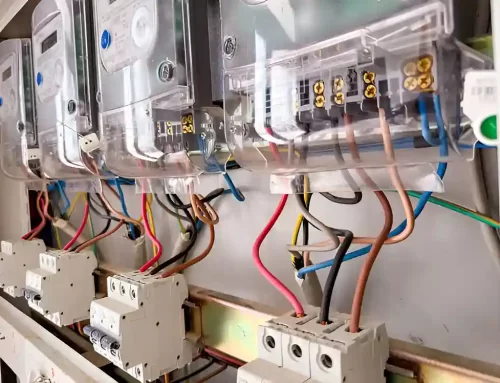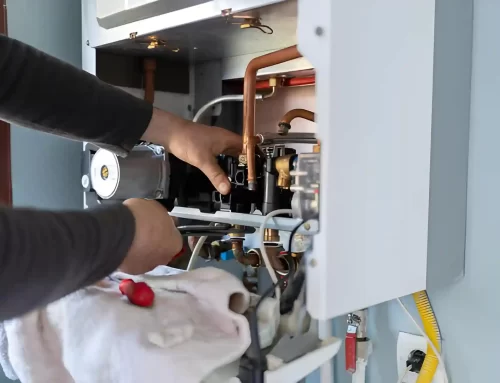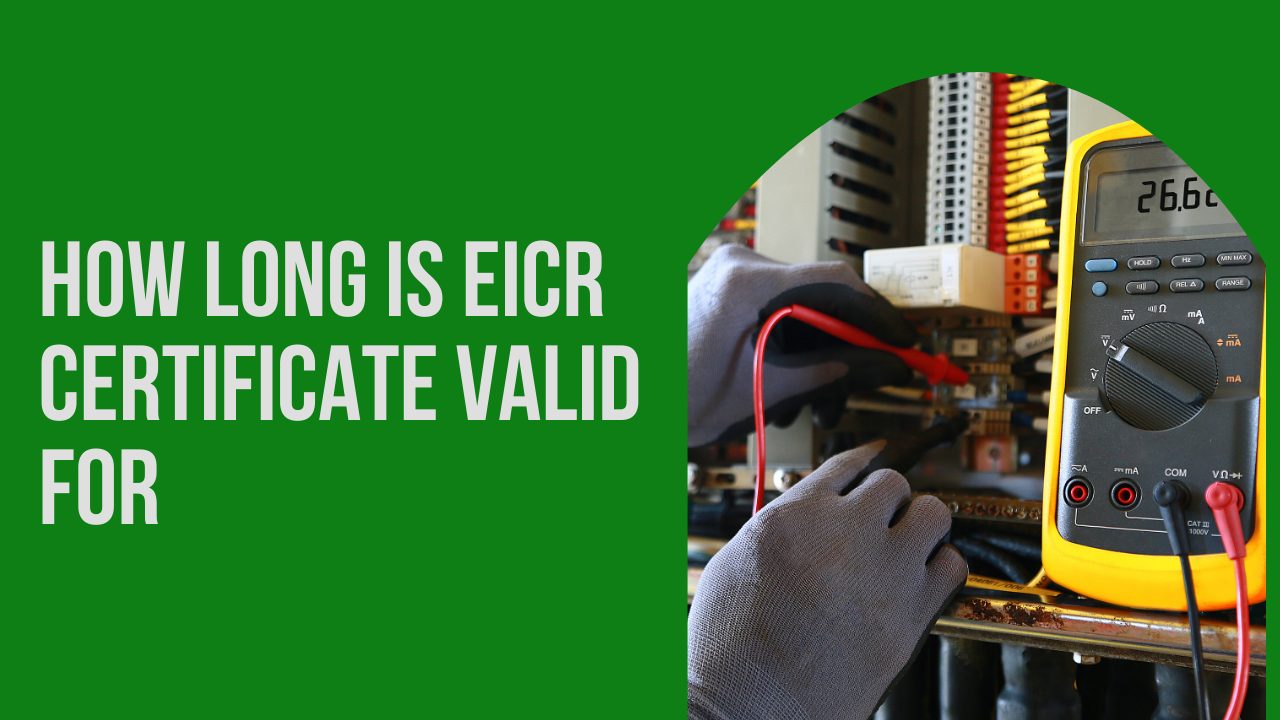
Did you know that 35% of landlords are not clear on the validity period of the EICR certificate? As a professional in the field, I’ve encountered this uncertainty too many times.

An EICR certificate’s validity period can be a bit of a gray area, with several factors potentially influencing its duration.
So, what if I told you that the answer isn’t as straightforward as you might think?
Stick with me as we investigate this complex topic and unravel the mystery together.
Understanding the EICR Certificate
To understand the EICR Certificate, it’s important to recognize that it serves as a detailed report issued after a thorough inspection of a property’s electrical installation. The inspection process is meticulous, ensuring every electrical aspect meets safety standards. This certificate is paramount in maintaining safe living and working environments.
The validity period of an EICR Certificate is five years for rental properties and ten years for homeowner-occupied properties. This duration ensures regular checks on the electrical installations, promoting safety and preventing accidents. However, the frequency can change based on the property’s age, electricity usage, and if there have been major changes to the installation.
Maintenance requirements are outlined within the EICR Certificate. These could range from minor tasks like replacing a light switch to more significant jobs such as rewiring the property. These maintenance tasks are critical to keeping the installation safe and compliant with regulations.
Certificate renewal is mandatory once the validity period lapses. This ensures that the property’s electrical installation always meets the latest safety standards. Therefore, the EICR Certificate plays an essential role in electrical safety, compliance, and innovation in property management.
Importance of EICR Certificate
Having established a basic understanding of the EICR Certificate, it’s worth exploring its significance in the context of property management and safety. The EICR Certificate serves as an important compliance measure for maintaining safety standards. It’s not just a piece of paper, but a proof to the property’s electrical safety.
The EICR renewal process is an ongoing commitment to safety. Every renewal is an opportunity for a thorough property assessment, ensuring all electrical installations are up to code. This inspection frequency, typically every 5 years, is key to catching potential hazards early, safeguarding both property and occupants.
But it’s not just about spotting issues. The EICR Certificate also confirms the rectification of any identified problems. It’s a continuous cycle of evaluation, action, and re-evaluation designed to maintain the highest degree of electrical safety.
From a broader perspective, the EICR Certificate is an essential tool for innovation in property management. It pushes us to invest in safer, more efficient electrical systems and encourages a culture of proactive maintenance. In short, the EICR Certificate is necessary for fostering a safer, smarter future for property management.
Legal Requirements for EICR Inspections
In order to adhere to the legal requirements for EICR inspections, landlords must make sure these are performed every five years by a registered electrician. This inspection frequency isn’t arbitrary but is designed to uncover any electrical hazards, ensuring the safety compliance of the property regardless of its age.
The EICR report, once issued, comes with a validity period of five years. During this time, it serves as an official document proving that all electrical installations in a property are safe. However, landlords must keep in mind that the validity period doesn’t negate the need for ongoing vigilance. Electrical hazards can arise in between inspections, especially in older properties.
Safety Risks
Safety Risks Without Valid EICR
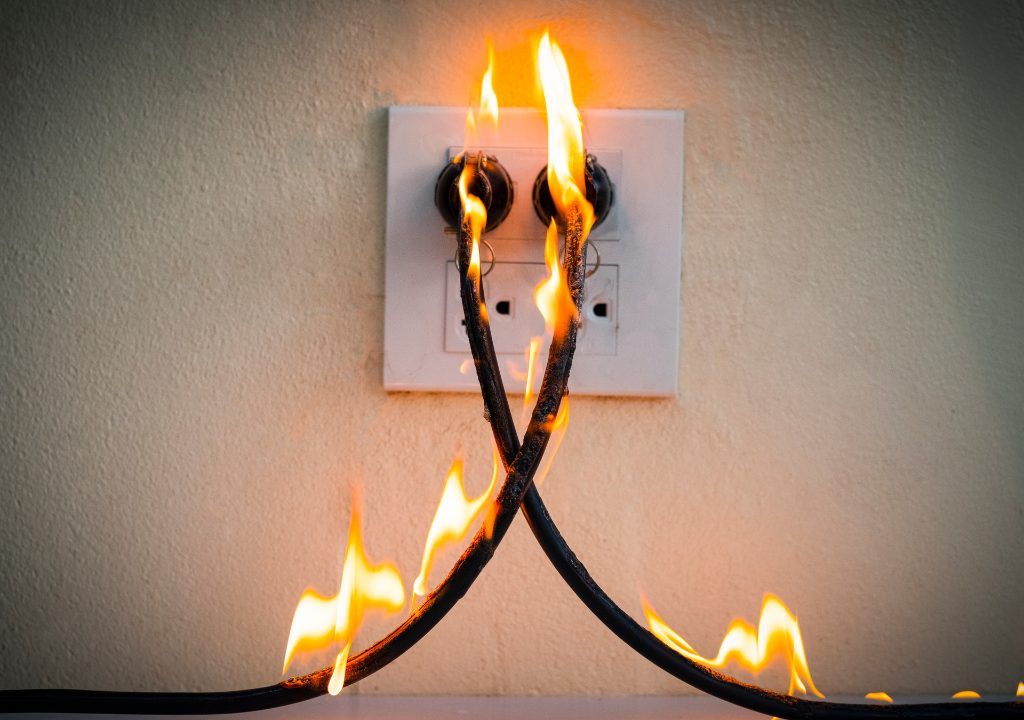
Without a valid EICR, landlords expose themselves and their tenants to significant safety risks such as electrical fires, shocks, and other potential hazards. This raises grave concerns about property safety. An outdated EICR indicates a lapse in monitoring the electrical conditions of a property, increasing the chances of electrical hazards surfacing unnoticed.
While it’s critical to understand these risks, it’s equally important to recognize the compliance risks associated. Neglecting the EICR validity can lead to non-compliance with safety regulations. This could result in penalties, including fines and potentially, legal actions. Therefore, ensuring a valid EICR isn’t just a matter of safety but also legal compliance.
Validity concerns can be mitigated by regular inspections and staying up-to-date with the latest safety regulations. Employing a proactive approach towards electrical safety can provide a safer environment for tenants and peace of mind for landlords.
EICR Validity Extension Circumstances
While keeping up-to-date with regular inspections is the key to ensuring a valid EICR, there are specific circumstances where an extension to the certificate’s validity might be considered. These EICR validity extension scenarios arise in cases of unforeseen circumstances, such as a global pandemic, natural disaster, or any other emergency that prevents the usual EICR inspection frequency.
In these instances, it’s crucial to understand the EICR certificate renewal process. Ideally, an EICR should be renewed every five years. However, during validity extensions, the property owner should provide a legitimate reason and make sure that safety measures are still in place to minimize any EICR safety implications.
Special Cases and EICR Exceptions
Traversing the maze of special cases and exceptions can be complex when it comes to EICR requirements. There are unique scenarios that require a nuanced understanding of safety regulations and historical preservation. In such cases, compliance expertise becomes paramount.
Take the instances of listed buildings and hazardous environments. These unique spaces demand a delicate balance between preserving their historical integrity and ensuring the highest safety standards.
Here’s a snapshot of how these special cases may differ from standard EICR procedures:
| Special Cases | EICR Exceptions |
|---|---|
| Listed Buildings | EICR assessments must be thorough yet non-invasive to maintain architectural integrity. |
| Hazardous Environments | Specialized EICR inspections are needed due to the inherent safety risks. |
| Safety Exceptions | Sometimes, immediate remedial actions might be postponed due to the risk involved. |
When dealing with these special cases, it’s important to have a team with compliance expertise. They can navigate the intricacies of safety exceptions, ensuring that the electrical installations meet safety regulations without compromising the unique attributes of these spaces. While the EICR certificate’s validity remains a key concern, understanding these exceptions can have a significant impact on how we approach electrical safety in these special cases.
Difference Between EICR and Periodic Inspection
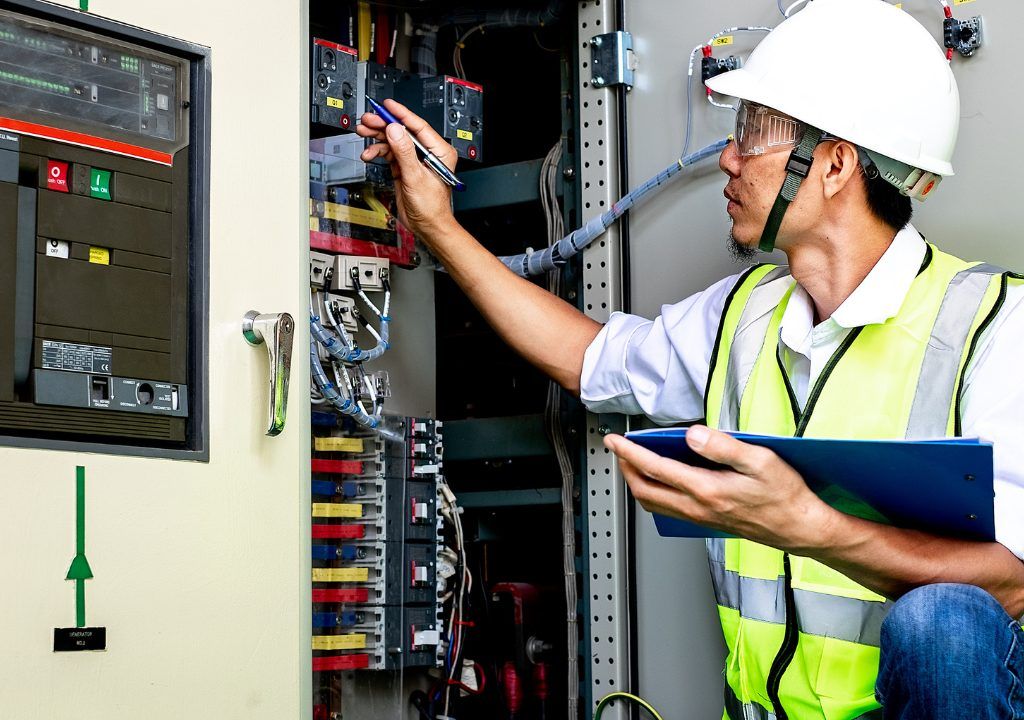
Exploring from the complexities of special cases and exceptions, let’s now investigate the differences between an EICR and a Periodic Inspection.
An EICR, or Electrical Installation Condition Report, is a detailed evaluation of a property’s fixed electrical systems. It’s designed to identify any safety shortcomings, potential electrical hazards, and areas of non-compliance with current safety standards.
A Periodic Inspection, on the other hand, is a more regular check of a property’s electrical systems. The inspection frequency varies depending on the property condition, type, and usage, but it generally aims to catch and fix any faults before they become a problem.
The main difference lies in their purpose and scope: an EICR is a thorough, in-depth review ensuring compliance with specific regulations, while a Periodic Inspection is a routine check designed to maintain safety and prevent electrical hazards.
In both cases, the ultimate goal is to maintain the highest safety standards, protect against electrical hazards, and make sure that the property’s electrical systems are in good condition. So, while they differ in scope and frequency, both are important in maintaining a property’s safety and electrical health.
Landlord Obligations and EICR Compliance
In the domain of property management, landlords bear significant responsibilities in ensuring EICR compliance to uphold the safety of their tenants. It’s more than just a legal obligation; it’s about ensuring the well-being of those living in our properties. As landlords, we must stay ahead of the EICR renewal process, keeping tenant safety at the forefront of our operations.
Our role involves periodic checks to maintain electrical standards and respond promptly to any issues, ensuring the EICR certificate remains valid throughout the tenancy period. We are also responsible for hiring registered engineers to carry out these inspections.
We must also provide tenants with a copy of the EICR report and have a copy ready for the local housing authority if requested. This transparency is critical in building trust with our tenants and ensuring compliance requirements are met.
| Landlord Responsibilities | Compliance Requirements |
|---|---|
| EICR Renewal Process | Every 5 years |
| Tenant Safety | Provide EICR copy |
| Maintain Electrical Standards | Hire registered engineers |
| Report to Housing Authority | Upon request |
| Transparency | Necessary for trust and compliance |
Our role as landlords goes beyond just providing a space; it’s about ensuring a safe, compliant living environment.
Conclusion
In summary, the EICR certificate is an essential part of property management, typically valid for 5 years. However, circumstances can extend or shorten this timeframe.
It’s not only a necessary obligation but a safety net for your tenants. Understanding the EICR, its implications, and your responsibilities as a landlord is important.
Remember, it’s better to be proactive in ensuring electrical safety than reactive in a crisis. Keep your properties and your tenants safe.
Our Pricing
| Our Electrical Safety Certificate Prices |
|---|
| Studio Apartment £67.99 |
| 1 – 3 Bedroom £94.99 |
| 4 Bedroom £104.99 |
| 5 Bedroom £139.99 |
Check Out Our Other Services
About the Author: LandlordCertificate
Related Posts
Get Social
Recent Posts
- Electrical Diagnostic London: How Professional Testing Keeps Your Property Safe and Compliant
- Asbestos Management Survey London: Update Your Property Records
- Gas Safety Certificate London: Why Regular Checks Save Money Long-Term
- FRA London Explained: How a Professional Fire Risk Assessment Keeps You Compliant and Safe
- When a New Tenancy Requires Your EICR Certificate London Renewal


